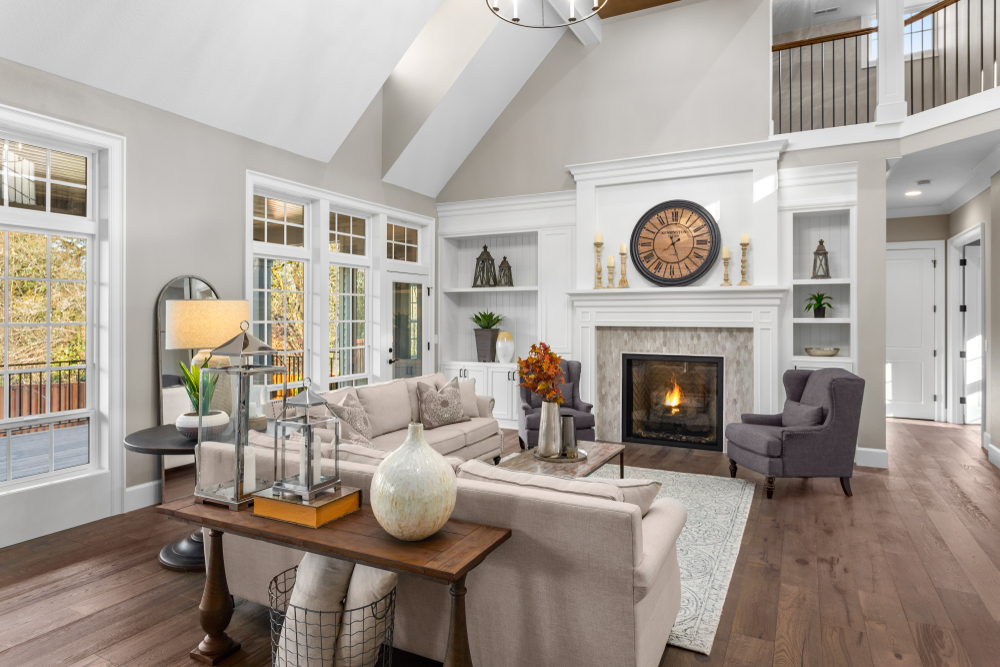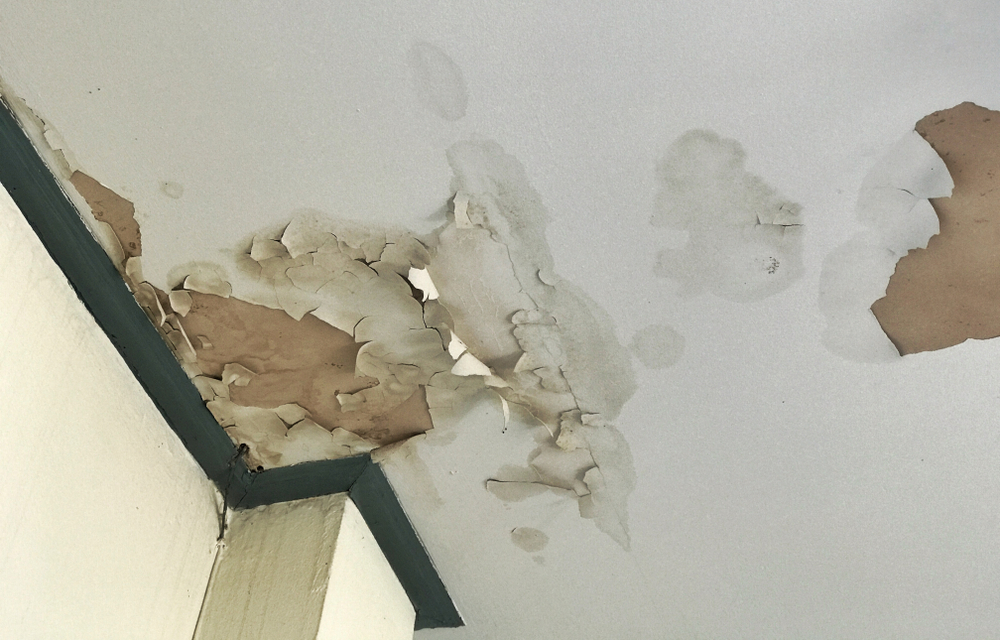Selling your home is a major financial and emotional decision. Whether you’re upgrading, downsizing, or relocating, the process can be stressful and complex. The stakes are high, and one wrong move could cost you time, money, or even a successful sale. Unfortunately, many sellers unknowingly make mistakes that can delay their home’s sale or reduce their profit.
To help you navigate the home-selling process smoothly, we’ve compiled a list of 11 critical mistakes to avoid. By steering clear of these common pitfalls, you’ll increase your chances of selling your home quickly and at the best possible price.
Overpricing Your Home
Setting the right price is one of the most important aspects of selling your home. Many sellers make the mistake of overpricing, thinking they can always lower it later if necessary. However, an overpriced home can scare off potential buyers and linger on the market for too long. The longer a home sits, the more buyers assume something is wrong with it, and the fewer offers you’ll get.
To avoid this, research comparable home sales in your area and consult with a real estate professional who understands the local market. A real estate agent should provide you with a Competitive Market Analysis (CMA) that estimates your home’s value based on local market conditions and recently sold homes. Using a CMA, you can set a competitive price that will attract serious buyers and lead to a faster, more successful sale.
Getting Emotional About Your Property
Selling a home is often an emotional experience, especially if you’ve lived there for many years. It’s easy to let sentimentality cloud your judgment, causing you to reject reasonable offers or make irrational pricing decisions.
Remember that selling your home is a business transaction. Try to detach yourself emotionally and view your home through a buyer’s eyes. A good piece of advice is this – hiring a real estate agent can help you stay objective and make informed decisions based on market conditions rather than personal feelings. Yes, it’s hard to separate years of memories from the home, but to get the property sold quickly and for top dollar, it’s a necessary step!
Neglecting Curb Appeal
First impressions matter. If your home’s exterior looks neglected, potential buyers may not even bother stepping inside. Peeling paint, overgrown landscaping, and a cluttered front porch can turn buyers away before they ever see the inside of your home.
Investing in simple curb appeal enhancements—such as fresh paint on the front door, trimmed bushes, and a clean entryway—can make a significant difference. A well-maintained exterior sets the tone for a positive showing and signals to buyers that your home is well cared for.
You don’t have to spend an undue amount of money on the curb appeal, either. Simply power washing the siding, washing the windows, mowing the lawn, and freshening up flower beds with mulch can do a lot for how buyers perceive your home.
Not Staging Your Home
A poorly staged home—or worse, an empty one—can make it difficult for buyers to visualize themselves living there. Cluttered spaces, overly personal decor, or mismatched furniture can distract buyers from seeing the home’s true potential, too. 
Staging doesn’t have to be expensive. Decluttering, rearranging furniture, and adding neutral decor can make your home feel more inviting – and it’s something you can do on your own. In some cases, hiring a professional stager may be worth the investment, though, to maximize your home’s appeal.
To stage or not to stage depends on many factors. Staging can cost several thousand dollars, so if it’s not in your budget, dedicate time to thoroughly cleaning and decluttering your home. Some price points don’t warrant staging, either, nor do some markets. Again, talk with a real estate professional to get advice on this point so you give your home the best appearance to get it sold.
Ignoring Necessary Repairs
Even minor repairs can make a big difference in how buyers perceive your home. A dripping faucet, cracked tile, or broken door handle might seem insignificant, but they signal neglect and can make buyers wonder about more serious hidden issues.
Before listing, take the time to fix obvious problems. Consider getting a pre-listing inspection to identify potential deal-breakers and address them upfront. A well-maintained home reassures buyers and helps your sale go more smoothly. 
Alternatively, you can use a pre-inspection report to offer an appropriate credit. For example, if the inspection reveals $2,000 in necessary repairs, you can offer a credit for the same amount to entice buyers (who would use the credit to make the repairs after closing).
Another option is to simply lower the asking price of your home. If you go this route, be sure it’s mentioned in the listing that the price reflects the cost of necessary repairs – otherwise, buyers may try to negotiate the price down to account for these issues.
Failing to Factor in Closing Costs
Many sellers focus solely on the sale price and forget about the additional costs involved in closing. Expenses like agent commissions, transfer taxes, and title fees can eat into your final profit if you don’t plan ahead.
Before listing your home, calculate the estimated closing costs so there are no surprises. Your real estate agent can help you understand what to expect and how to budget accordingly.
Being Unavailable for Showings
The more people who see your home, the better your chances of receiving an offer. If you make showings difficult by having limited availability or requiring excessive notice, you could be missing out on potential buyers.
Flexibility is key. Try to accommodate as many showings as possible, even if it’s inconvenient for you. The more accessible your home is, the faster you’re likely to sell it!
Being Too Hands-On During Showings
While it may be tempting to stick around during showings to answer questions or point out special features, this can actually be a turnoff for buyers. Most people prefer to explore a home freely and discuss it openly with their real estate agent without the seller present.
So, the best move is to leave showings to the professionals. If it’s an open house, your agent can highlight your home’s best features while giving buyers the space to form their own impressions. And if potential buyers tour the home privately with their agent, they can contact your agent with any questions they might have.
Failing to Vet All Offers
Not all offers are created equal. The highest offer might not always be the best one, especially if it comes with contingencies, financing issues, or an uncertain closing timeline.
Take the time to evaluate each offer carefully. Consider factors like the buyer’s financial qualifications, contingencies, and closing flexibility. Your agent can help you assess which offer is most likely to result in a successful, smooth sale.
Not Highlighting the Property’s Strengths (and Minimizing Its Weaknesses)
Every home has unique selling points, whether it’s a spacious backyard, an upgraded kitchen, or a great school district. Failing to showcase these strengths in your listing or during showings can cause buyers to overlook what makes your home special.
At the same time, it’s important to downplay weaknesses without being dishonest. If your home has a small kitchen, for example, focus on its efficient layout and ample storage rather than apologizing for the size. 
Not Timing the Sale Correctly
Timing plays a big role in selling success. Listing at the wrong time of year, during a market downturn, or when interest rates are high can make it harder to attract buyers and get a good price.
Research your local market trends to determine the best time to list. Spring and early summer are typically peak selling seasons, but the ideal timing can vary by region. A real estate professional can provide insight into market conditions and help you list strategically.
Selling Your Home Takes Work
Selling your home is a big undertaking, and avoiding these common mistakes can make the process smoother, faster, and more profitable. By pricing your home correctly, making necessary repairs, staging effectively, and working with professionals, you’ll increase your chances of a successful sale.
If you’re preparing to sell, take the time to plan strategically and avoid these pitfalls. A little extra effort now can pay off in a quicker sale and a higher selling price. Happy selling!


